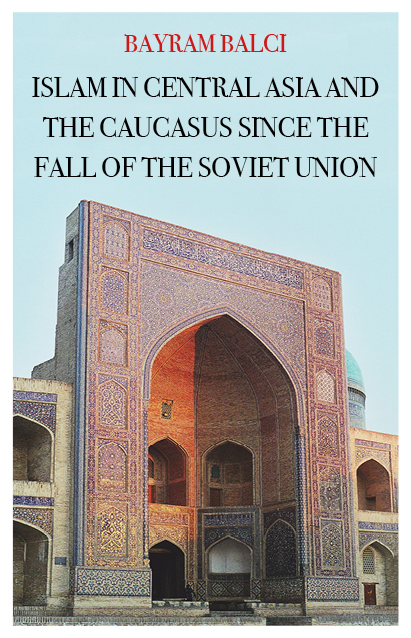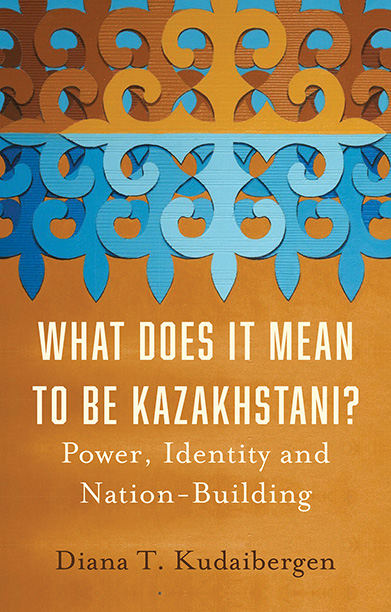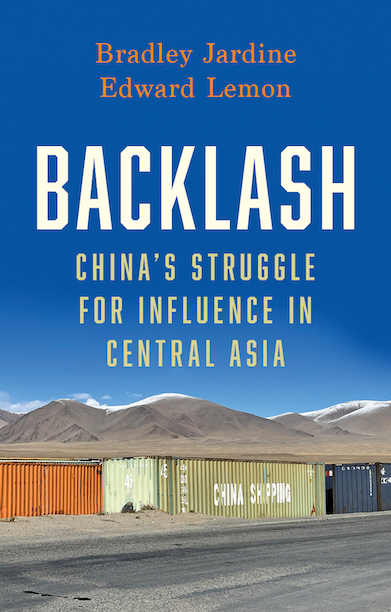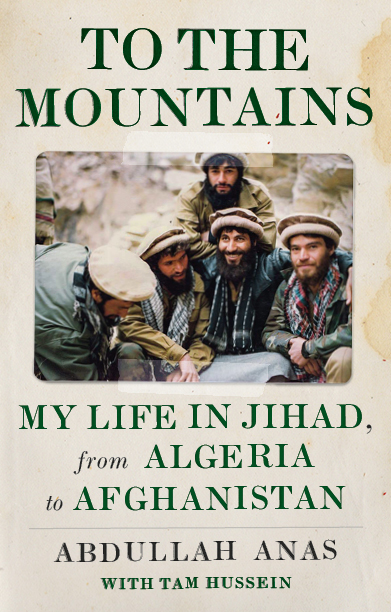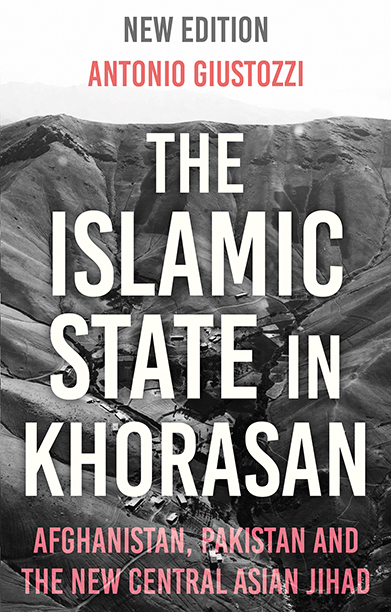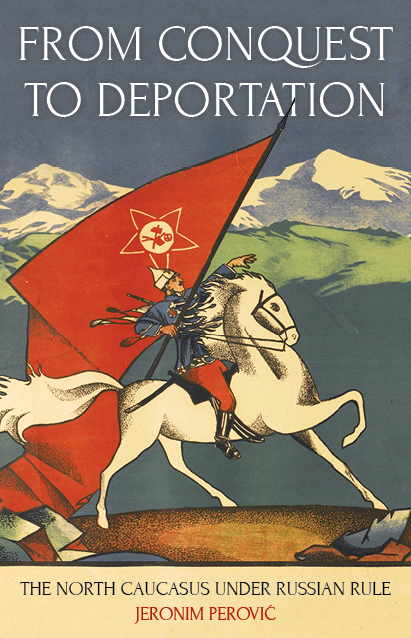Islam in Central Asia and the Caucasus Since the Fall of the Soviet Union
Part of the CERI/Sciences Po. seriesA tour d’horizon of the role Islam plays in politics and the private sphere in Central Asia and the Caucasus
Description
With the end of the Soviet Union in 1991, a major turning point in all former Soviet republics, Central Asian and Caucasian countries began to reflect on their history and identities. As a consequence of their opening up to the global exchange of ideas, various strains of Islam and trends in Islamic thought have nourished the Islamic revival that had already started in the context of glasnost and perestroika—from Turkey, Iran, the Arabian Peninsula, and from the Indian subcontinent; the four regions with strong ties to Central Asian and Caucasian Islam in the years before Soviet occupation.
Bayram Balci seeks to analyse how these new Islamic influences have reached local societies and how they have interacted with pre-existing religious belief and practice. Combining exceptional erudition with rare first-hand research, Balci’s book provides a sophisticated account of both the internal dynamics and external influences in the evolution of Islam in the region.
Reviews
‘[Islam in Central Asia and the Caucasus Since the Fall of the Soviet Union] is an ambitious yet concise account of the evolution of Islam in the Muslim-majority former Soviet republics, namely the five Central Asian states and Azerbaijan. … [the book is] a valuable resource for both students and scholars of the region.’ — Europe-Asia Studies
‘An important contribution to the field of contemporary Islamic studies in this region.’ — Reading Religion
‘A sophisticated account of the evolution of Islam in Central Asia and Azerbaijan since the collapse of the Soviet Union. Balci’s nuanced analysis reveals a region marked by great diversity and innovativeness.’—Adeeb Khalid, Professor of Asian Studies and History, Carleton College
‘Sheds new light on little-known but powerful movements, namely Saudi and Indian Wahhabism, Tablighi Jamaat and the Gülen movement.’—Thierry Zarcone, CNRS Research Director
Author(s)
Bayram Balci is a researcher at CERI Sciences Po, Paris. He holds degrees in political science and Islamic studies and was Director of the French Institute for Central Asian Studies, Uzbekistan (2006-10). A visiting scholar at Carnegie, Washington, DC (2011 and 2014), Balci’s research focuses on Islam in Turkey, Central Asia, and the Caucasus.
